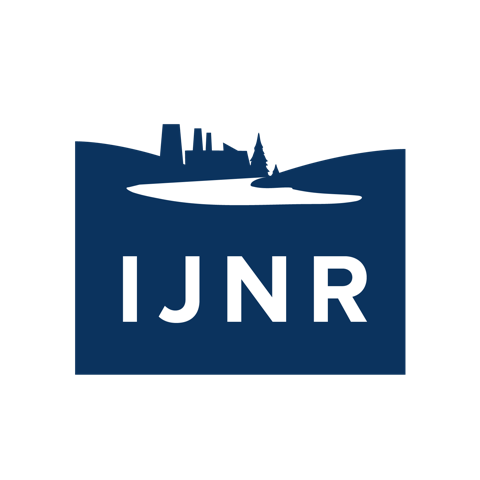Environmental Racism + Indigenous Communities
november 17 + 18
Session Recordings Available here.
Indigenous communities have populated the Americas for more than 20,000 years. As the original inhabitants of the Western Hemisphere, there is no question that Native knowledge of and relationships with the landscape are deeply rooted in both time and place. But too often, Indigenous voices are ignored or silenced during conversations about contemporary natural resource management. Decision-makers regularly disregard treaty rights, scientists often diminish traditional knowledge, and news outlets have too often exacerbated the problem by overlooking important voices, or worse, ignoring Native perspectives entirely.
But reporting in and about Indigenous communities requires care and preparation. The Institute for Journalism & Natural Resources presented a two-day virtual workshop focused on Environmental Racism and Indigenous Communities. Participating journalists heard from several expert speakers about a variety of topics including:
The history of environmental racism in Native Nations: How have Indigenous communities been uniquely impacted by biased practices and decision making, and how are these communities fighting back?
Media treatment of Tribal communities: What missteps do journalists often make, and how can we report from these communities accurately and fairly?
The importance of Treaty Rights: What they are, who has them, and how do questions of resource management and sovereignty go hand-in-hand?
Pipelines and Water Protectors: How are Tribal members working to protect this vital resource, what steps are legislators taking in response, and how can journalistic word choices skew the narrative?
Traditional Environmental Knowledge: What is "firsting," how can Western science learn from Traditional knowledge, and how can journalists make sure to include this important information?
Listening in Indian Country: What can journalists learn from examples on the ground to help us report more accurately on hunting and fishing rights, fire management and use, mining, or impacts of climate change?
This workshop is made possible by grants from the Joyce Foundation, the Society of Environmental Journalists, and the Wilburforce Foundation.
IJNR maintains editorial independence and control in all of its programming and decision-making.




